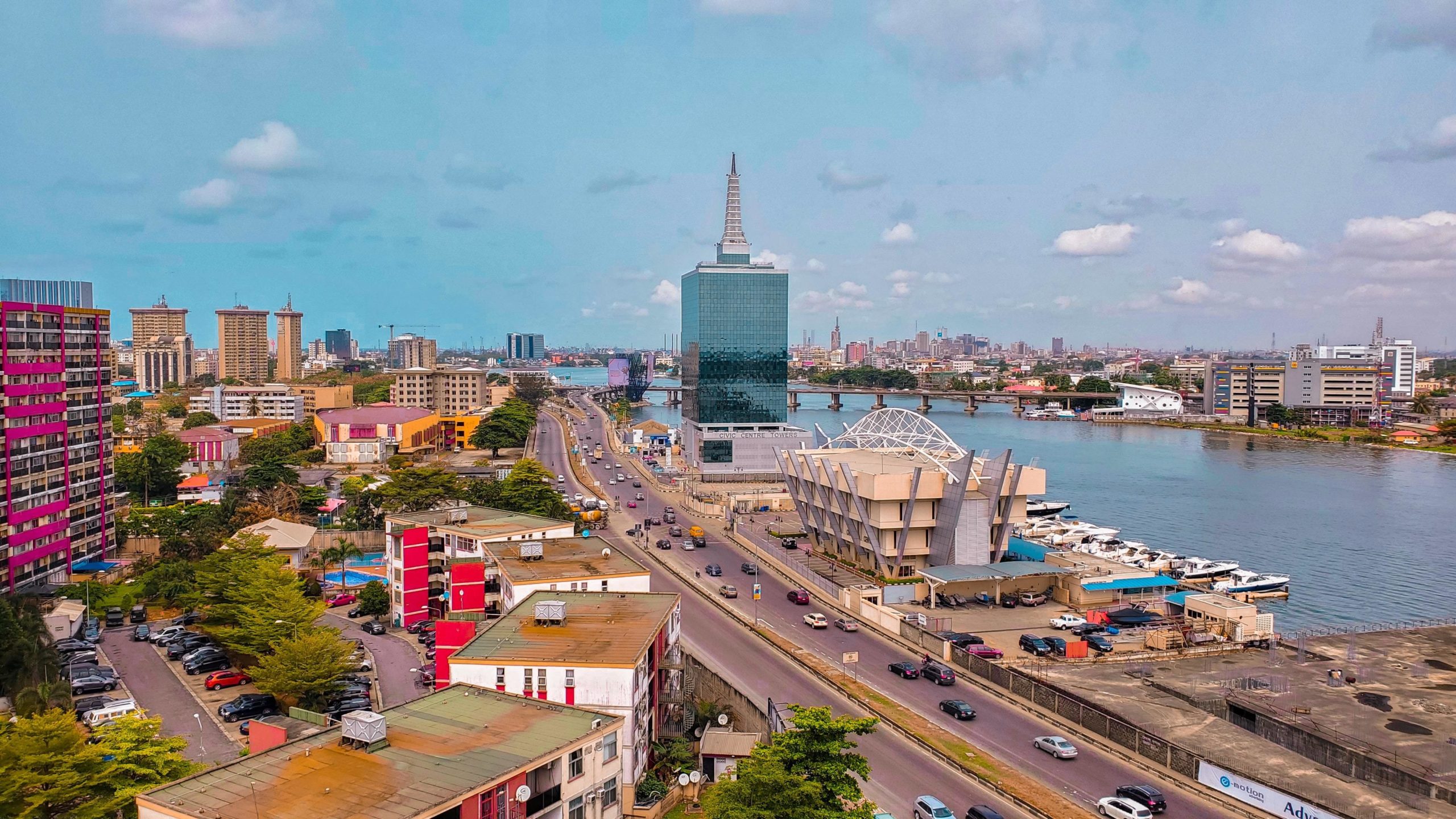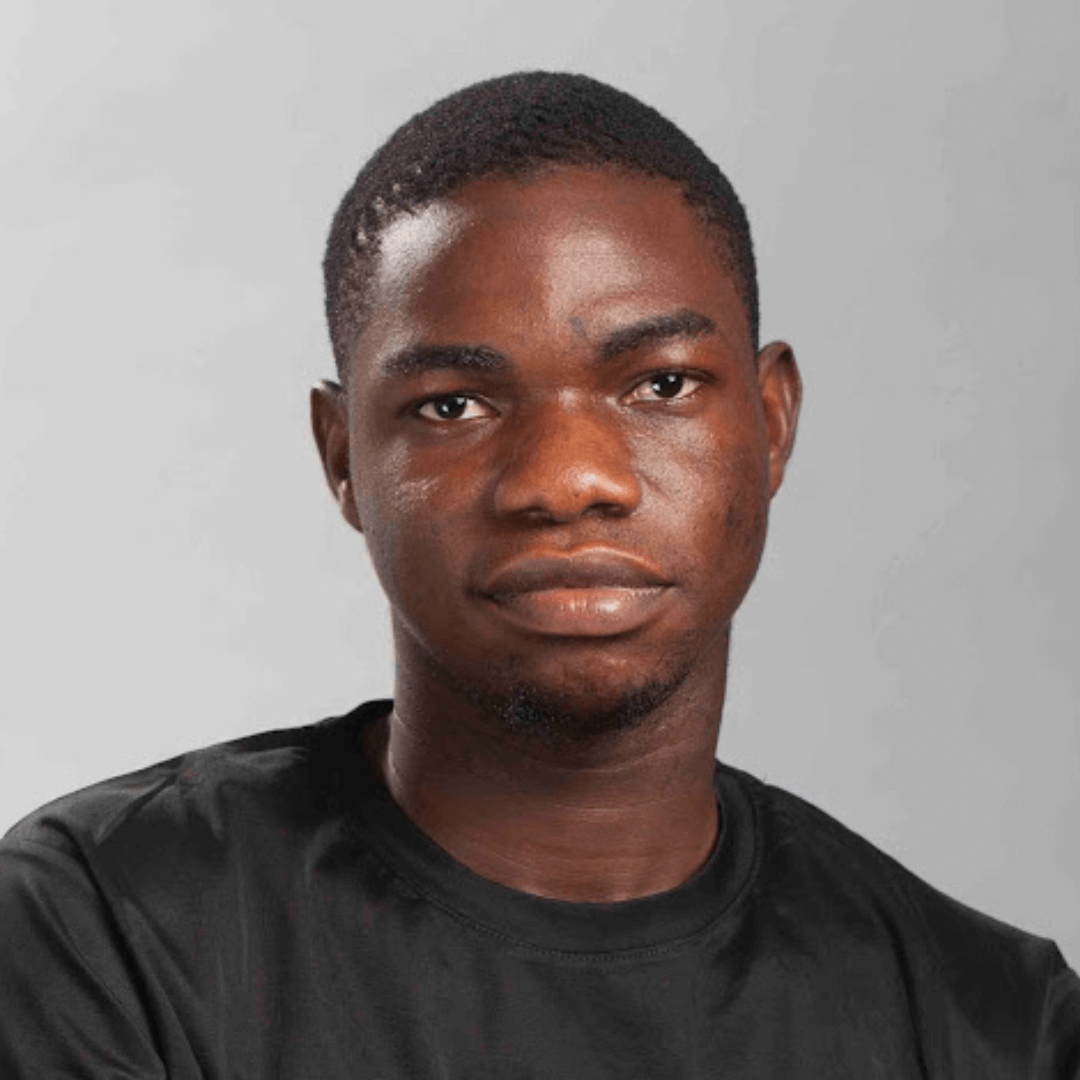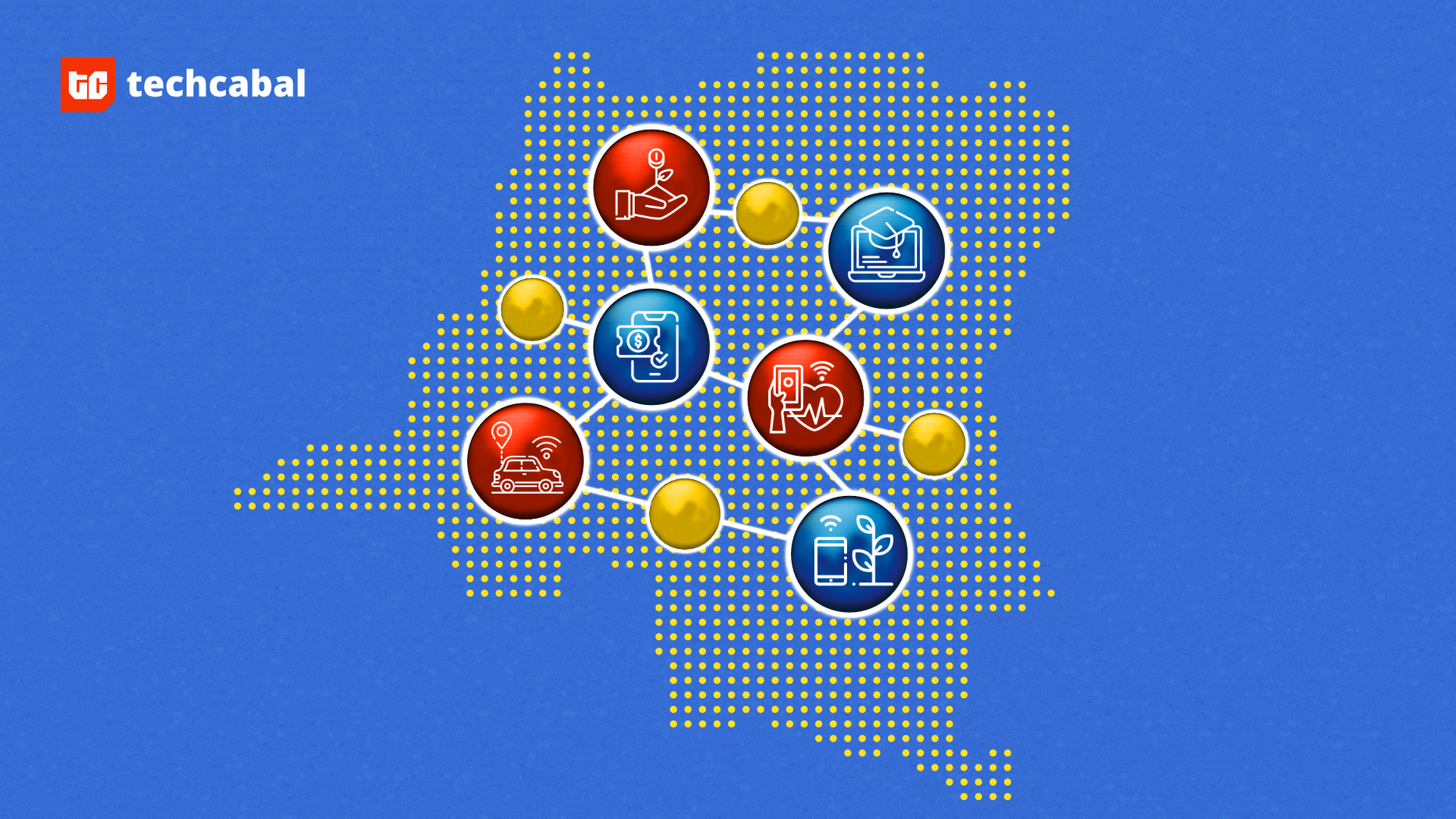Globally, venture funding is drying up, and Africa has expectedly taken the hit. According to TechCabal’s funding tracker, African startups raised $3.2 billion in 2023—the lowest figure in three years. Of the continent’s Big 4, Nigeria sits at the bottom of the ladder with just $398.2 million.
If earlier predictions by tech leaders are anything to go by, we expect investors to get more frugal in 2024, which means fewer checks. Yet some investors believe that the funding downturn raises questions about the need for startups to rethink their building mindset.
This was the major takeaway from an investment panel at the ARM Labs Lagos Techstars Demo Day held in Lagos, Nigeria, on Tuesday, February 20, when three investors were asked about the state of VC funding and innovation in Nigeria. The event featured presentations from Techstars’ second cohort of 12 startups from across the continent. These startups include 24Seven, Beauty Hut, Eight Medical, GetEquity, JumpnPass, One Plan, PBR Life Sciences, PressOne Africa, Rana, Surge Africa, Swoove and Veend.
While acknowledging the reality of the venture funding downturn, Olumide Soyombo, Founding Partner of Voltron Capital, an early-stage investor, painted a picture of opportunity, urging founders to focus on building “real businesses” with strong unit economics.
“It brings us back to building with the right mindset. The VC winter in Africa allows us to reset how we want to build,” he said.
For Ovo Emorhokpor, Founding Partner of Beta Ventures, a New York and Lagos-based venture capital firm, much attention has to be focused on providing real value to customers. “Founders should build a business on the back of customer satisfaction. It is all about your customers,” he advised, suggesting that these fundamentals will pave the way for sustainable growth beyond the need for constant funding rounds.
Venture funding is a valuation game. Soyombo stressed the need for realistic valuations, reminding founders that investors seek returns for their LPs. He calculated that with $400-500 million in new funds raised on the continent, VCs require significant value creation. This necessitates efficient capital allocation and building real value before seeking higher valuations. He urged founders to build “category-defining companies.”
Due to rising inflation and currency devaluation, African startups that raised funds in dollars struggle to report revenue to their investors, raising the question of raising in local currencies. The argument is that raising funding in local currencies would make it easier to return investments. Biola Alabi, General Partner of Acasia, the venture capital investment arm of Acasia Group, shares a similar view, saying export-oriented businesses should consider local currency options: “The most important thing right now is for companies to stay alive and capital is capital.” She also made a case for collaboration between local and foreign investors to better understand the landscape.
Emorhokpor said his company made naira-denominated investments as far back as 2021 and those investments are “doing very well even on a dollarized basis.” He noted that one of the key things they look out for companies is the “pricing power” which he described as the ability to increase products and services in response to changing economic conditions and still retain paying customers.
Looking beyond immediate challenges, Soyombo advocated for a futuristic mindset, investing with a 6-10-year timeline and building businesses that can thrive in the long term. “I can’t invest in a very interesting founder that I like and think about the macroeconomics of Q4 2024, I am thinking of what Q4 2031 looks like,” he said.
Despite the cautious outlook, the panel remained optimistic about the future for Nigeria’s tech ecosystem. Alabi expressed faith in the talent and innovation driving the ecosystem, saying, “amazing people are building amazing products” with the potential to become global solutions.





















